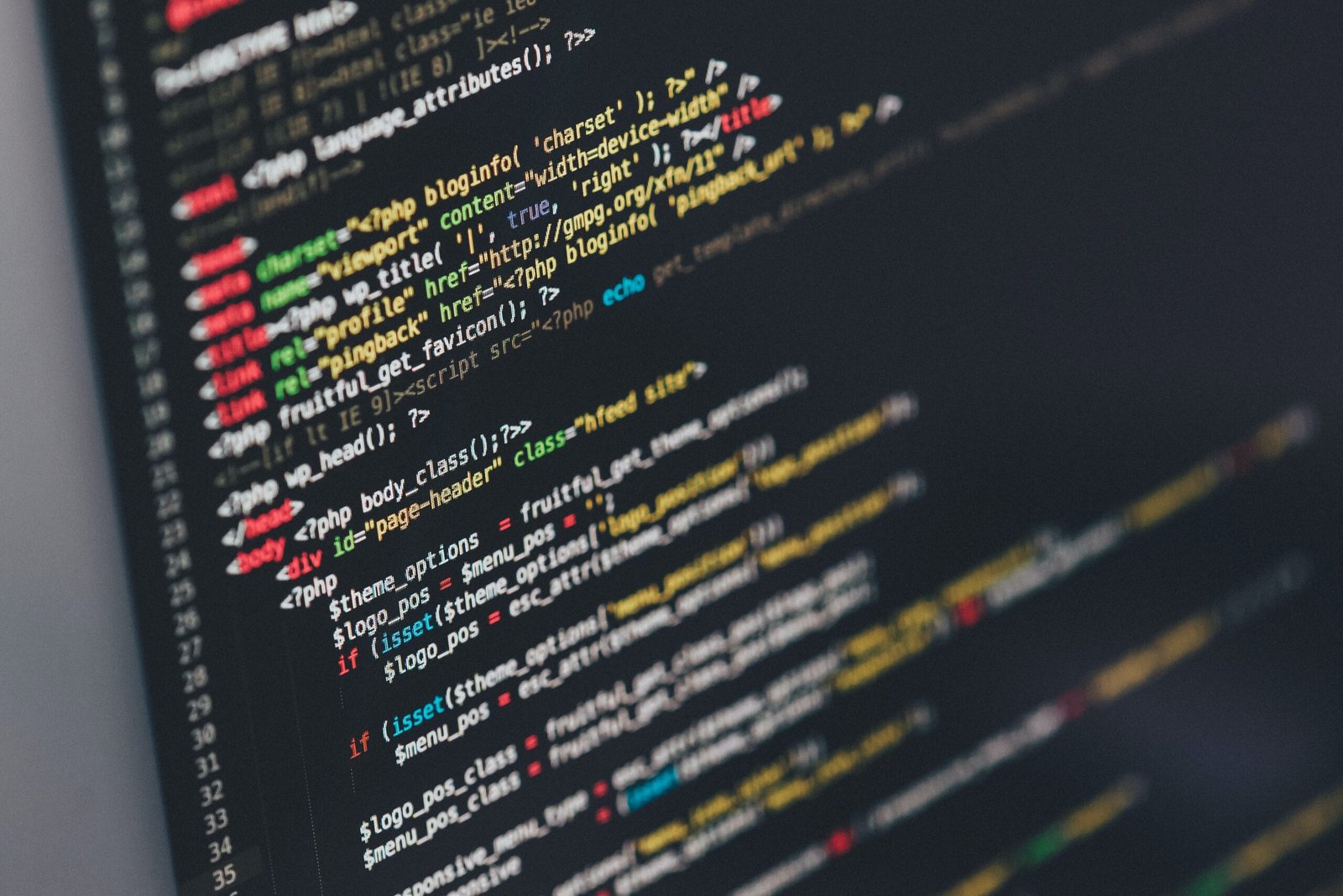
Introduction
Coding and programming have become essential skills in today’s digital world. Whether you want to build websites, develop mobile apps, or create software, learning how to code can open up a world of opportunities. If you’re new to coding and programming, it can feel overwhelming at first. However, with the right approach and resources, you can get started on your coding journey. In this article, we will guide you through the steps to get started with coding and programming.
1. Choose a Programming Language
The first step in getting started with coding is to choose a programming language to learn. There are numerous programming languages to choose from, such as Python, Java, JavaScript, C++, and more. Each language has its own strengths and areas of application. Consider your goals and interests to select a language that aligns with your aspirations. Python is often recommended for beginners due to its simplicity and versatility.
2. Set Clear Goals
Before diving into coding, it’s important to set clear goals for yourself. What do you want to achieve with coding? Do you want to build websites, create mobile apps, or explore data science? Setting goals will help you stay focused and motivated throughout your coding journey. Break down your goals into smaller, achievable milestones to track your progress.
3. Find Quality Learning Resources
There are numerous online resources available to learn coding and programming. Websites like Codecademy, Coursera, and Udemy offer interactive courses and tutorials for beginners. You can also find free coding tutorials on YouTube and other platforms. Choose resources that suit your learning style and provide clear explanations and hands-on exercises.
4. Start with the Basics
When starting your coding journey, it’s important to build a strong foundation. Begin with the basics of programming concepts like variables, data types, loops, and conditional statements. Understanding these fundamental concepts will make it easier to grasp more complex topics later on. Practice writing simple programs and gradually increase the complexity as you gain confidence.
5. Join Coding Communities
Connecting with other aspiring coders and experienced programmers can greatly enhance your learning experience. Join coding communities and forums where you can ask questions, share your progress, and learn from others. Websites like Stack Overflow and GitHub are excellent platforms to connect with the coding community and seek guidance.
6. Build Projects
One of the best ways to solidify your coding skills is by building projects. Apply what you’ve learned to create real-world applications or websites. Start with small projects and gradually work your way up to more complex ones. Building projects will not only help you practice coding but also showcase your skills to potential employers or clients.
7. Practice Regularly
Consistency is key when it comes to learning coding and programming. Make coding a regular habit and dedicate time each day or week to practice. The more you code, the better you will become. Set aside dedicated study sessions and challenge yourself with coding exercises and projects. Continuous practice will help you reinforce your knowledge and improve your coding skills.
8. Embrace Problem-Solving
Coding involves a lot of problem-solving. Embrace the challenges that come with coding and see them as opportunities to learn and grow. Break down complex problems into smaller, manageable parts and use your coding skills to find solutions. Developing strong problem-solving skills will not only make you a better coder but also benefit you in other areas of life.
Conclusion
Getting started with coding and programming may seem daunting, but with the right approach and resources, anyone can learn how to code. Remember to choose a programming language, set clear goals, find quality learning resources, start with the basics, join coding communities, build projects, practice regularly, and embrace problem-solving. Enjoy the journey of learning and exploring the exciting world of coding!